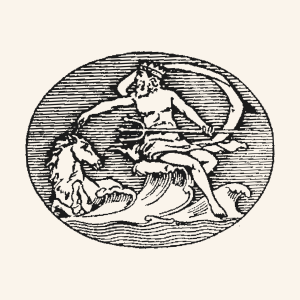America’s Anti-Vax Shift Sparks Measles Comeback Across Latin America, Doctors Warn
Governments across Latin America are racing to contain a surge in measles cases, launching mass vaccination campaigns as outbreaks in the United States and Canada fuel a 34-fold spike in regional infections this year.
Global measles cases have climbed to their highest levels in 25 years, driven by declining vaccination rates and the spread of misinformation about vaccine safety. In Latin America, health officials are especially worried about how weakened healthcare systems and rising anti-vaccine sentiment — much of it amplified by U.S. politics — are putting millions at risk.
“The U.S.’s political stance on vaccines is an outrage,” said Rosana Richtmann, an infectious disease specialist and member of the Brazilian Society of Infectious Diseases. “It’s a serious problem for us.”
The Americas officially eliminated measles in 2016 and again in 2024, but that achievement is now in jeopardy. The Pan-American Health Organization (PAHO) has recorded over 11,600 cases across 10 countries, most concentrated in the United States and Canada, which together account for more than half and five deaths so far.
Mexico has been hit hardest in Latin America, with more than 4,800 cases and 22 deaths, followed by Bolivia with 354 cases. Smaller outbreaks in Brazil, Belize, and Paraguay have been linked to imported infections.
In response, Latin American governments are stepping up vaccination drives. Brazil launched a nationwide campaign in October, offering the MMR (measles, mumps, and rubella) vaccine to children, teens, and unvaccinated adults. When a nine-year-old girl tested positive for measles in Várzea Grande earlier this month, local authorities swiftly implemented “ring vaccination,” immunizing everyone who had contact with her and canvassing neighborhoods door to door to find unvaccinated residents.
Richtmann said imported infections remain the biggest concern: “We’re more worried about Brazilians traveling to Europe, the U.S., or Canada and bringing measles back, than about domestic spread.”
Experts say the U.S. outbreak — the country’s worst in decades — poses a direct threat to the region. “You visit the U.S., you go home with souvenirs — and maybe you also bring measles,” warned Amira Roess, a global health professor at George Mason University.
The resurgence in North America follows a shift in U.S. vaccine policy under Health Secretary Robert F. Kennedy Jr., a vocal vaccine skeptic who has promoted false claims about MMR safety. Though he eventually endorsed the vaccine after a major outbreak in Texas, Kennedy’s earlier comments have helped fuel global doubt.
That skepticism has trickled south. In Bolivia, where 80% of national cases are clustered around Santa Cruz, Dr. Carlos Paz said misinformation from the U.S. has had real consequences. “People see what a U.S. minister says about vaccines and think, ‘maybe we shouldn’t get vaccinated here either,’” he said.
Bolivia declared a national health emergency in June, extended school holidays to slow the spread, and began a mass immunization push with vaccine donations from Brazil, India, and Chile. Despite these efforts, vaccination coverage remains stuck at 45%, far below the 95% required for herd immunity.
Across Latin America, MMR vaccination rates dropped sharply during the COVID-19 pandemic and have yet to fully recover. According to the World Bank, coverage rebounded to 86% in 2024, but gaps persist, especially in rural and low-income areas.
PAHO officials say the region must act quickly. “Close-knit communities that resist vaccination, along with constant cross-border movement, are major risk factors,” said Daniel Salas, PAHO’s immunization program director.
There’s no cure for measles — a highly contagious virus that can cause severe complications and death — but two doses of the MMR vaccine provide 97% protection.
For Latin America, doctors warn, the fight against measles is no longer just about public health — it’s also about countering disinformation that threatens to undo decades of progress. “Every doctor, every pediatrician is now a soldier for vaccination,” said Paz.


